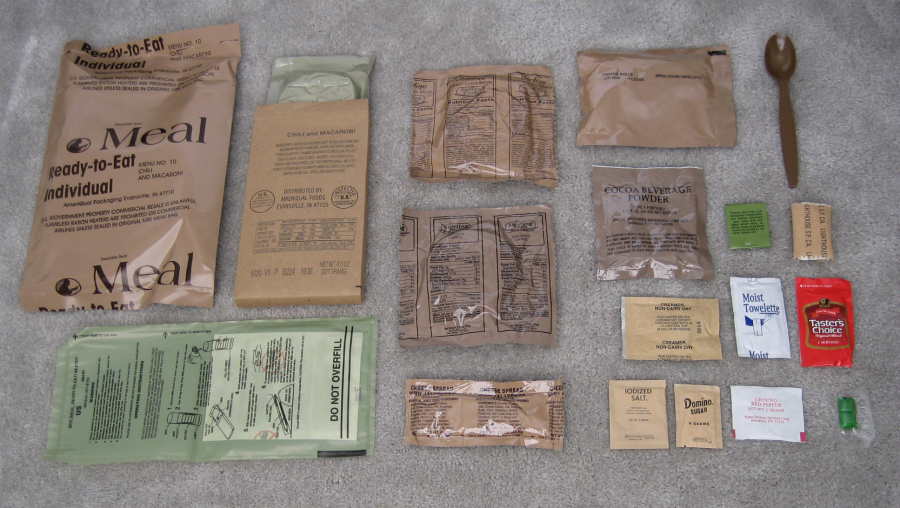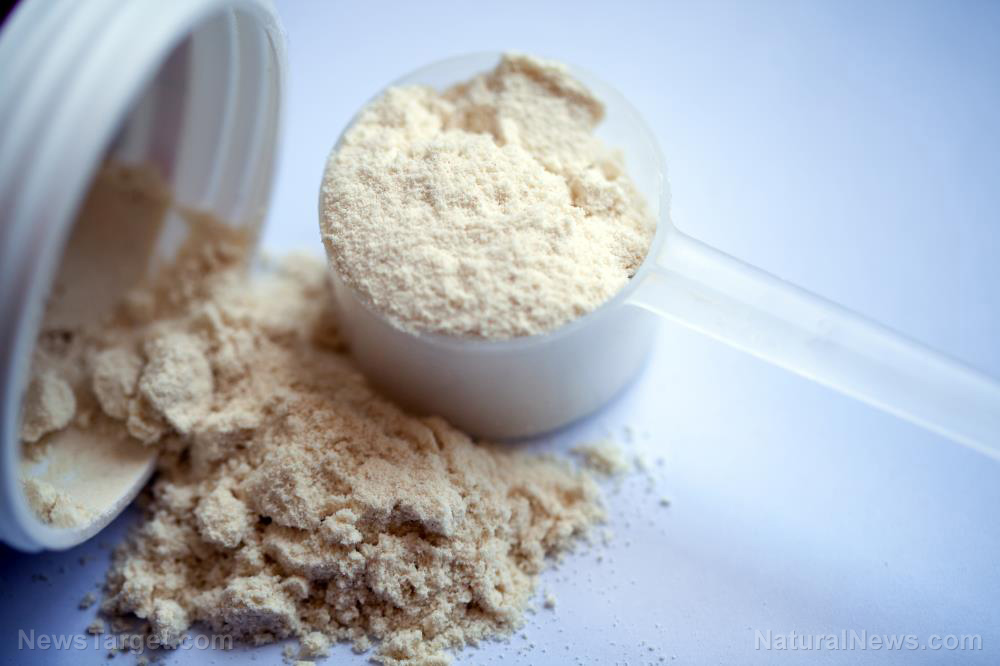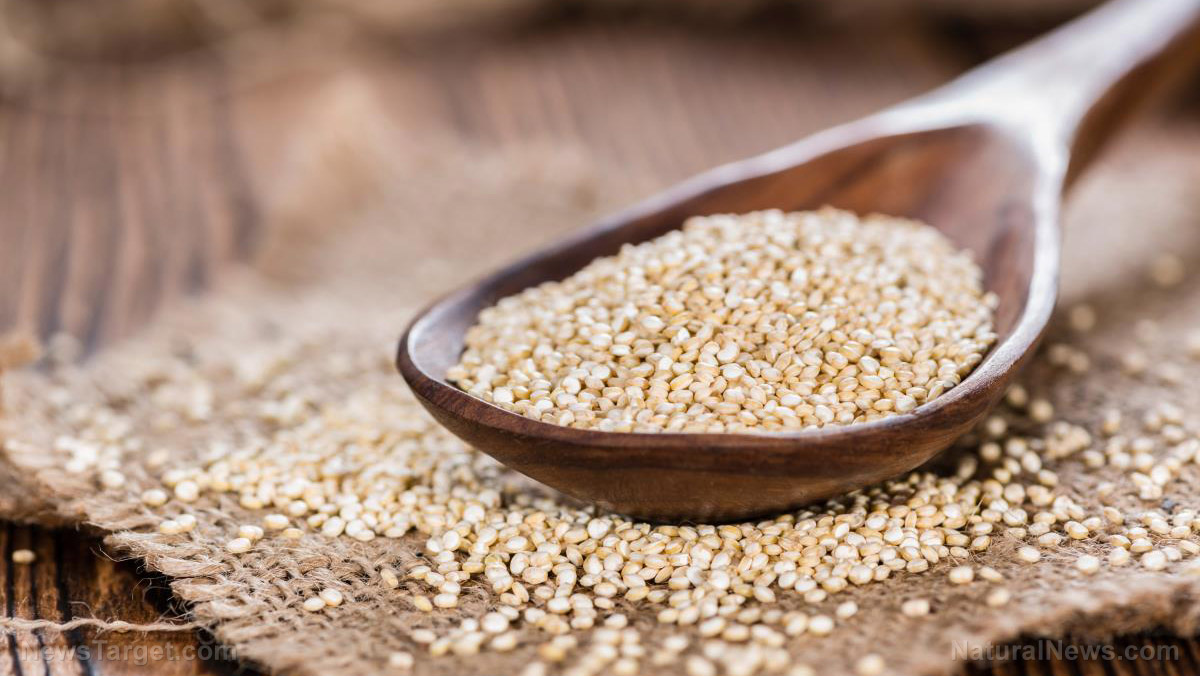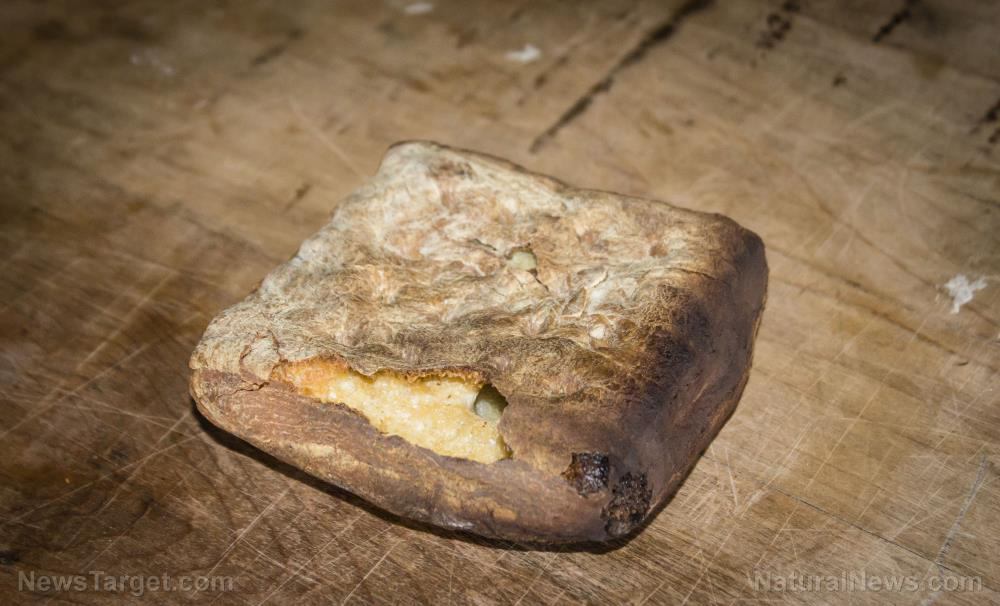Spanish startup to put cricket tortillas, chips on the menu
08/20/2021 / By Divina Ramirez

Insects are fast becoming a popular protein source worldwide. In light of that, three Spanish friends are hoping to tap into the demand for new sources of protein with just one product: crickets.
Origen Farms, an insect startup on the outskirts of a town in Castile-La Mancha in Spain, was founded in 2019. It is the brainchild of three childhood friends: Andres Garcia de Lis, Francisco Tebar and Jose Torres.
Garcia de Lis said they were looking to start a business that was profitable and sustainable. He said they settled for crickets even after looking at other options, including spirulina and other kinds of insects, because the market for crickets is still young. In other words, the market can only grow and be more profitable.
Their startup’s model is built around the humble house cricket (Acheta domesticus), which actually has a fairly impressive nutritional profile. For starters, crickets contain up to 70 percent protein. They are rich in many essential minerals, such as iron, zinc and calcium, to name a few. House crickets also contain amino acids.
Plus, most edible crickets contain more protein than traditional animal-based protein sources, such as chicken, pork and goat. Crickets also contain healthy fats, the same healthy fats found in fatty fishes and some nuts. Moreover, crickets are full of fiber. Most animal-based protein sources usually contain little to no fiber.
Crickets as a new source of protein
Garcia de Lis and his partners grow their crickets on cereal and vegetables then freeze them. When dried, the crickets can be eaten as-is as snacks. However, most of the crickets that their startup produces are shipped to the Netherlands to be milled into flour. The flour is brought back to Spain, where it’s combined with Mexican corn.
Once combined with corn, the flour can be used to make food products like tortillas and chips. Spanish law still prohibits the processing of insects into flour for human consumption. However, it does allow insect-based flour to be used for making foods.
Garcia de Lis said there are several companies in Spain that are willing to work with them to process their insects. “[But] we’ll have to wait until we get the green light before we can really do something scalable.” Origen Farms plans to make its cricket-based flour, tortillas and chips available for purchase this July.
One pack of tortillas contains about 200 grams (g) of frozen crickets. Each pack contains 40 g of protein. It will be priced at €3.50 to €4 ($4.20 to $4.80).
Origen Farms has sold seven tonnes of frozen crickets so far. They hope to expand production to Latin America starting with crickets. They plan to eventually diversify their product line by selling mealworms and mealworm-based food products, spirulina and other meat substitutes.
Insect farming is sustainable
Besides their impressive nutritional profile, edible insects are also more sustainable and environmentally friendly than livestock farming. That’s mostly because insect farming requires less feed, water and land. (Related: Academics are trying to “normalize” eating insects by baking biscuits out of ground insect powder.)
In contrast, raising chicken, cows and goats requires a lot of all three resources. Livestock farming also impacts the environment. For instance, livestock production alone accounts for nearly 15 percent of human-caused greenhouse gas emissions, according to the Food and Agriculture Organization of the United Nations.
According to Garcia de Lis, the future of Origen Farms will ultimately depend on how things go. Still, their goal is to find partners that can help them expand their ideas in other countries.
Read more articles about insect-based protein and other alternative protein sources at FoodSupply.news.
Sources include:
Tagged Under: alternative protein sources, crickets, edible insects, food independence, food supply, insect farming, insects, protein
RECENT NEWS & ARTICLES
EmergencyFood.News is a fact-based public education website published by Emergency Food News Features, LLC.
All content copyright © 2018 by Emergency Food News Features, LLC.
Contact Us with Tips or Corrections
All trademarks, registered trademarks and servicemarks mentioned on this site are the property of their respective owners.





















